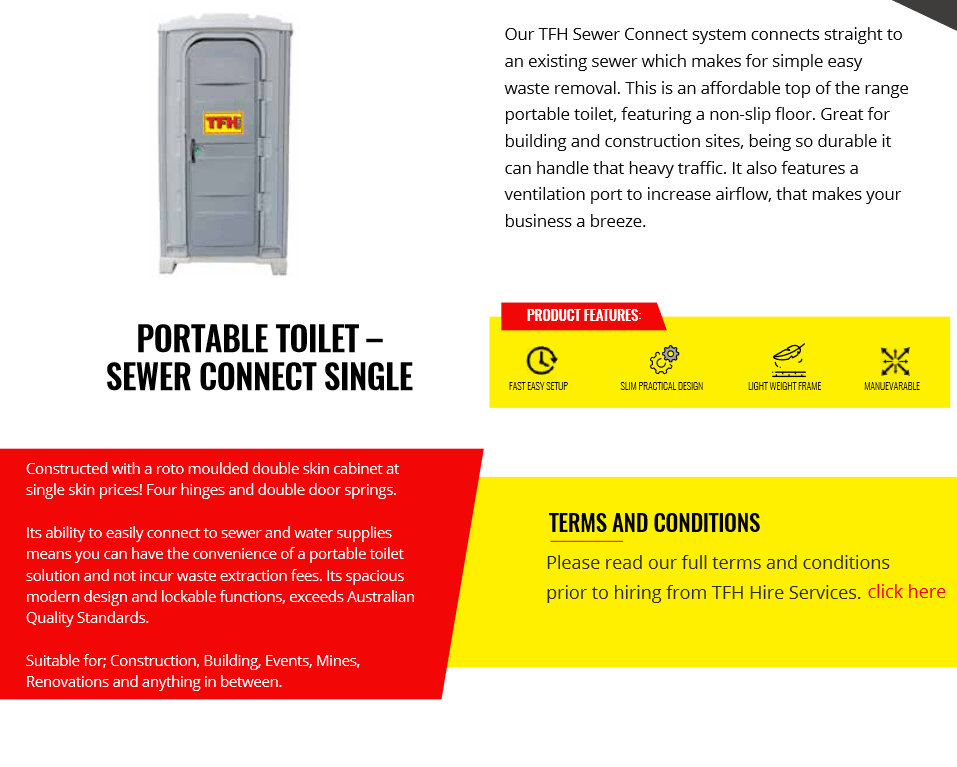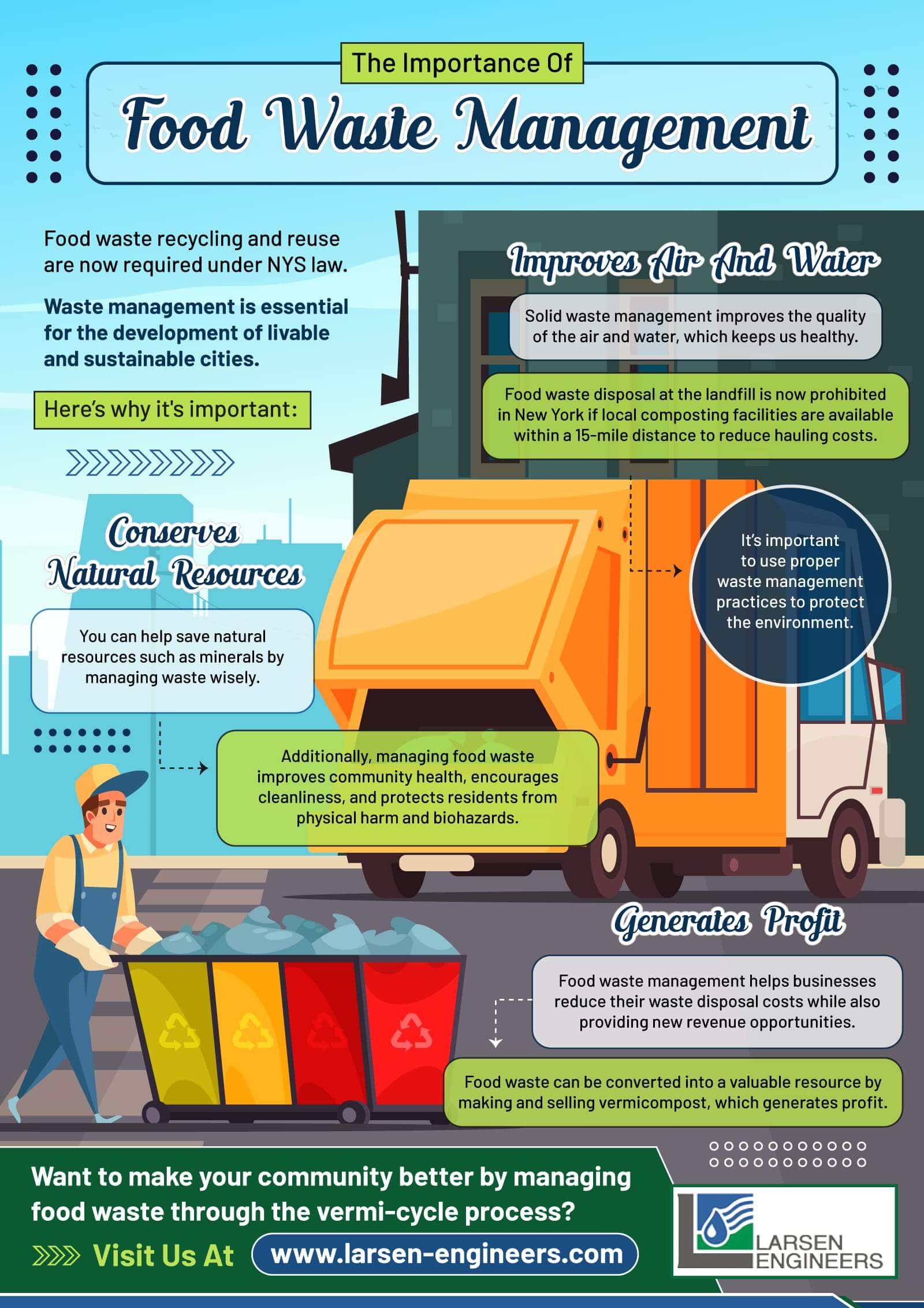Reclaim Waste Things To Know Before You Buy
Reclaim Waste Things To Know Before You Buy
Blog Article
The Basic Principles Of Reclaim Waste
Table of ContentsHow Reclaim Waste can Save You Time, Stress, and Money.The Greatest Guide To Reclaim WasteThe Main Principles Of Reclaim Waste What Does Reclaim Waste Mean?3 Easy Facts About Reclaim Waste Explained
Residential sewer waste refers to the waste and products from a property septic tank. The correct management and disposal of residential sewage waste call for liquid waste to be transferred to a sewer therapy plant where the proper techniques and tools are applied to cleanse and dispose of waste.
Business waste frequently consists of possible risks, such as flammable products or a mixture of liquid and strong waste products, and calls for an advanced and in-depth disposal process. The disposal of business waste commonly involves the purification of waste prior to transportation to make sure risk-free and proper disposal. Hazardous waste is produced from results and drainage of industrial procedures and production.
This sort of waste can not make use of the very same sewage monitoring transportation or procedures as septic or commercial liquids. The commercial waste management process calls for the assessment and testing of fluid waste before it goes through the disposal process (liquid waste removal melbourne). Runoff waste is the liquid waste that originates from drainage and excess stormwater in very booming areas or cities
Runoff waste can create contamination and flooding if not taken care of effectively. Guaranteeing proper waste management can protect against calamities and decrease ecological damage.
6 Easy Facts About Reclaim Waste Explained
Get in touch with PROS Services today to find out about our waste monitoring and disposal services and the proper ways to look after the liquid waste you produce.
(https://linktr.ee/leonaube33101)Do you know what happens to your water when you disengage, flush the commode or drain the washing device? No? Well, it's worth recognizing. This supposed 'wastewater' is not just an essential resource yet, after treatment, will certainly be released to our land, rivers or the ocean. Made use of water from bathrooms, showers, bathrooms, kitchen area sinks, washings and industrial procedures is called wastewater.

water utilized to cool down equipment or clean plant and tools). Stormwater, a form of wastewater, is overflow that moves from agricultural and metropolitan locations such as roofings, parks, yards, roads, paths and seamless gutters into stormwater drains pipes, after rainfall. Stormwater flows unattended directly to neighborhood creeks or rivers, eventually reaching the ocean.
Reclaim Waste - Questions
In Queensland, many wastewater is dealt with at sewer treatment plants. Wastewater is delivered from domestic or industrial websites via a system of sewage systems click over here now and pump terminals, referred to as sewage reticulation, to a sewer therapy plant. City governments construct, keep and run most sewer therapy plants. Operators are accredited under the Environmental Defense Act 1994 to release cured wastewater at an appropriate ecological requirement right into waterways.
The Department of Natural Resources encourages city governments regarding managing, operating and keeping sewerage systems and treatment plants. In unsewered locations, regional governments may require householders to mount specific or family sewage treatment systems to deal with domestic wastewater from toilets, cooking areas, bathrooms and washings. The Department of Natural Resources authorizes making use of home systems when they are proven to be efficient.
Many stormwater receives no therapy. In some new communities, therapy of some stormwater to remove clutter, sand and crushed rock has actually begun making use of gross contaminant traps. Wastewater therapy happens in 4 stages: Removes strong matter. Larger solids, such as plastics and various other items mistakenly released to sewage systems, are eliminated when wastewater is passed through displays.
Utilizes small living organisms knows as micro-organisms to break down and get rid of continuing to be dissolved wastes and great fragments. Micro-organisms and wastes are integrated in the sludge.
The smart Trick of Reclaim Waste That Nobody is Discussing
Nutrient removal is not offered in all sewer therapy plants due to the fact that it calls for pricey specialized equipment. It is ending up being a lot more typical in Queensland. Clear liquid effluent produced after treatment might still have disease-causing micro-organisms. If this effluent is launched right into waterways such as rivers or the sea, the micro-organisms will ultimately die out.

This typically implies wastewater needs to be dealt with or pollutants removed before it can be released to waterways. Many wastewater streams into the sewage system. Under the Act, neighborhood governments carry out authorizations and licences for environmentally pertinent activities (Periods) including wastewater releases that could have a regional influence. The division administers authorizations and licences to Periods entailing wastewater launches that may have a local or statewide effect.
Rumored Buzz on Reclaim Waste
Tracking supplies accurate info regarding water high quality and can verify that licence conditions are being met. The information obtained through monitoring provides the basis for making water top quality choices.
Report this page